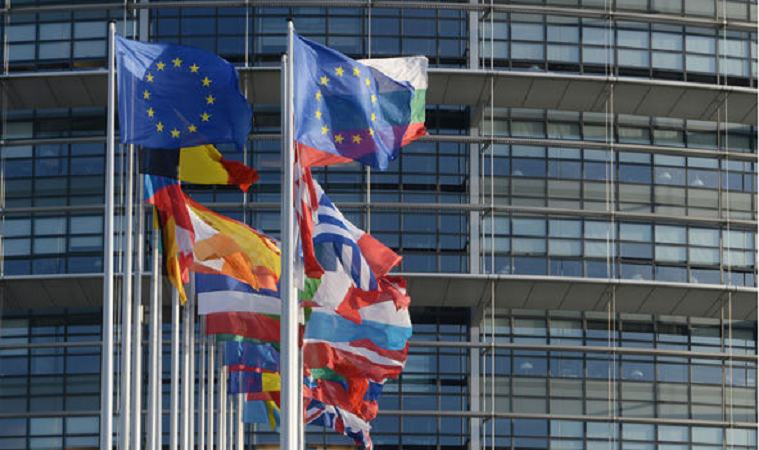
Brussels has proposed lifting all quarantine obligations on those who are fully vaccinated against Covid-19 in the EU, giving them the freedom to enjoy the summer holiday season, starting July 1. The Guardian has the story.
From Tuesday, a system will be ready to allow member states to issue a digital Covid passport to citizens proving their status and freeing them up to travel.
With infection rates on a downward trajectory across the bloc, a deadline has been set for 1 July for all 27 EU countries to accept the documentation as sufficient proof of vaccination for restrictions to be lifted.
Register for Tekedia Mini-MBA edition 18 (Sep 15 – Dec 6, 2025) today for early bird discounts. Do annual for access to Blucera.com.
Tekedia AI in Business Masterclass opens registrations.
Join Tekedia Capital Syndicate and co-invest in great global startups.
Register for Tekedia AI Lab: From Technical Design to Deployment.
A negative test or proof of having recovered from infection will confer the same rights on the holder of a certificate. The European Commission has proposed a standard validity period for tests: 72 hours before travel for PCR tests and 48 hours for rapid antigen tests.
The children of those who are fully vaccinated will also be exempt from quarantine under the proposal and as a minimum no one under six years of age will need to take a test. Many countries are likely to set a higher age threshold for the testing of minors.
The intention is that fully vaccinated UK travelers will benefit from the Covid passport system but, in light of the emerging variant first identified in India, EU governments may still impose restrictions on people arriving from the UK including testing and quarantine obligations.
From Monday, entry to France has been limited to EU nationals, French residents, and those travelling for essential purposes. People arriving from the UK must have tested negative and quarantine for seven days.
While a sudden deterioration in the Covid infection rates in the EU could lead to the use of an “emergency brake” on the lifting of restrictions within the bloc, the intention is to reintroduce free movement as the summer tourism season begins.
Ursula von der Leyen, the commission president, tweeted: “Europeans should enjoy a safe and relaxing summer. As vaccination progresses, we propose to gradually ease travel measures in a coordinated way with our common tool: the EU digital covid certificate. It will bring clarity and predictability as we resume free travel in the EU”.
In addition to the lifting of quarantine on the fully vaccinated from 1 July, the commission has proposed that anyone coming from a “green” region of the EU, such as west Finland, where less than 25 cases per 100,000 people have been recorded during the previous 14 days, should be entirely freed from restrictions.
Those who are not fully vaccinated coming from an “orange” area, with a 14-day cumulative Covid-19 case notification rate of 75, will need to take a pre-departure test.
Didier Reynders, the European commissioner for justice, said: “The last weeks have brought a continuous downward trend in infection numbers, showing the success of the vaccination campaigns across the EU.
“In parallel, we are also encouraging affordable and widely available testing possibilities. In this context, member states are now slowly lifting Covid-19 restrictions both domestically and regarding travel.”
The UK is yet to be added to a “white list” of non-EU countries from where the EU recommends that unvaccinated travelers may safely be permitted to enter the bloc for non-essential reasons. Despite the delay, countries including Portugal have opened their doors to British tourists.
The decision will likely boost economic activities in the bloc and increase its chances of returning to pre pandemic economic status.
So far, only seven countries led by China have been able to return their GDP per capita to pre-pandemic standing, according to a recent report from the Organization for Economic Cooperation and Development. Others include Turkey, Lithuania, Ireland, Korea, Russia and the US.
Economic recovery has been based mainly on the effectiveness of COVID-19 safety measures and vaccine roll out. With the recent decline in number of infections in the EU, the bloc is gunning for full economic recovery, making moves that will buoy tourism, a huge source of its economic growth.



